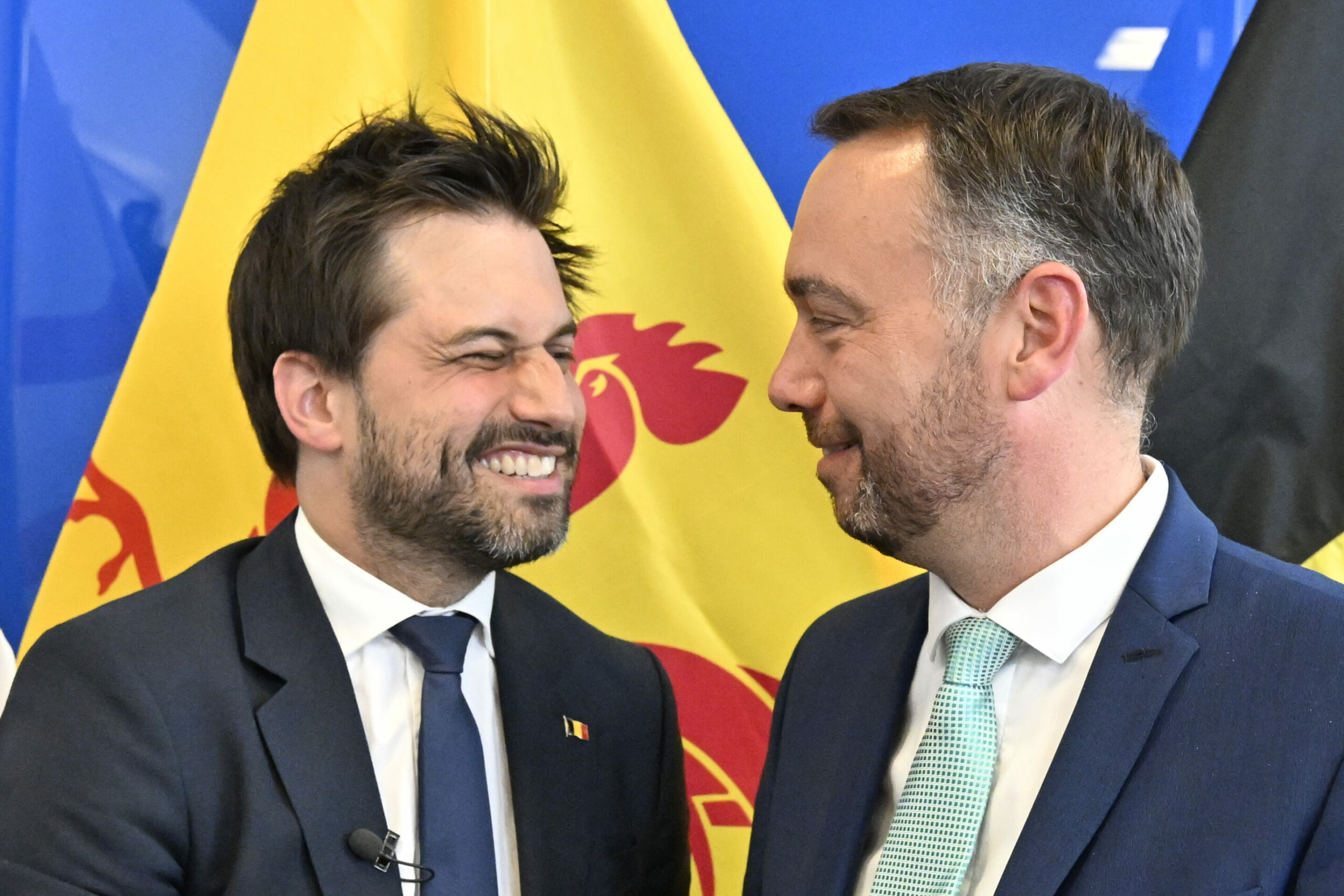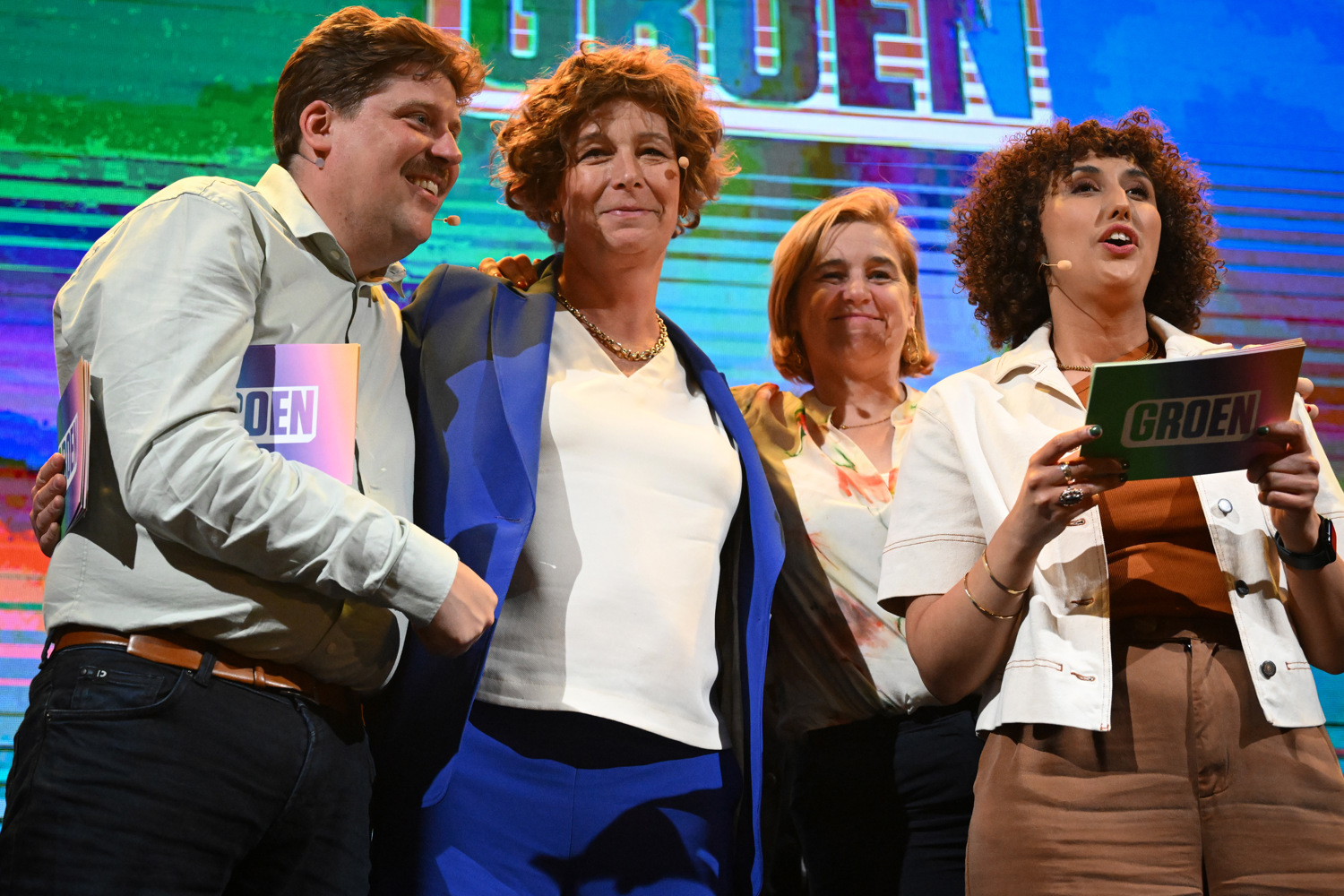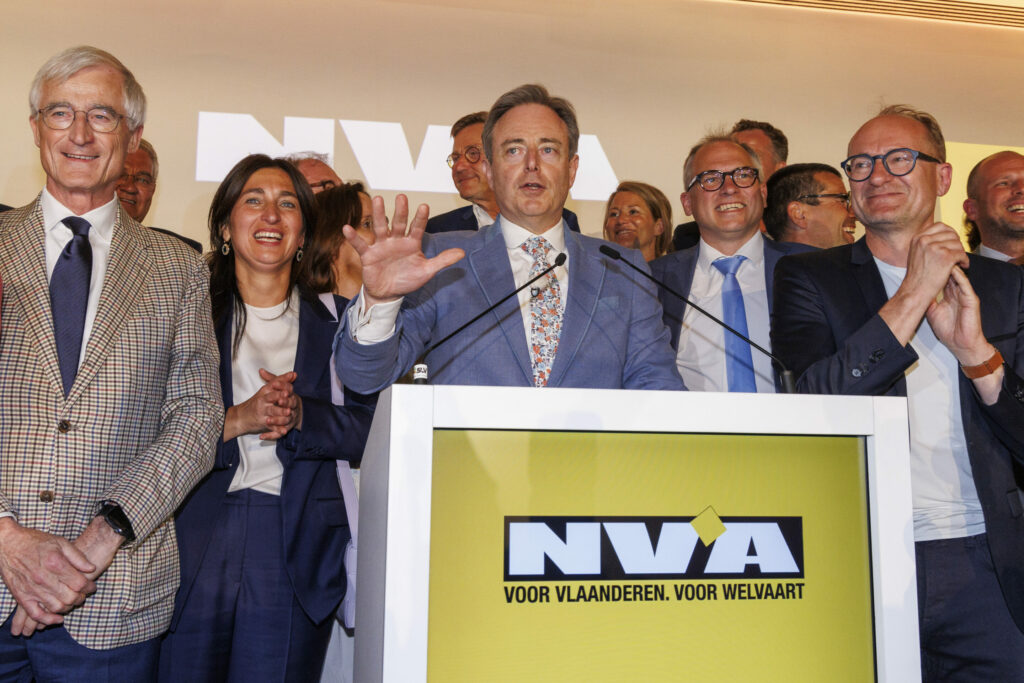The economy and cost of living were the main focuses for Belgian political parties during their election campaigns in the run-up to June's federal, regional and European elections.
With social media playing a crucial role in the communication strategies of political parties today, researchers from the University of Antwerp and the French-speaking University of Brussels (ULB) analysed the use of X (formerly Twitter) by Belgian political parties and their leaders between February 2023 and June 2024.
"We focused on the communication of political parties as that tells us something about how they are trying to drive the campaign. Interestingly, we found that most political parties ran their campaign on economic issues," Laura Jacobs (UAntwerpen), one of the researchers, told The Brussels Times.
The researchers analysed a total of 16,084 posts (4,979 during the electoral campaign and 11,105 before). They found that economic issues were high on the agenda and dominated political discourse in the run-up to the elections.
'Challenging' the government
In Francophone Belgium, 29% of posts on X were about economy and finance during the campaign period. This was ahead of education and culture (19%) and social affairs (19%). In Flanders, the difference was even clearer: 39% of posts discussed economy and finance, compared to migration (16%) and work (15%).
In Flanders, far-right party Vlaams Belang attempted to shift the conversation towards migration. Yet the data shows that the other parties did not go along with their agenda. "Whereas N-VA previously tried to compete with Vlaams Belang on the topic of migration, we see that have now very clearly chosen to focus on their economic campaign themes," Jacobs said.

Tom Van Grieken pictured during the post-election meeting of Flemish far-right party Vlaams Belang. Credit: Belga / Dirk Waem
This way, the party likely tried to attract centrist voters, who usually mainly vote based on economic issues such as the budget and inflation.
"The main campaign points put forward by N-VA were federal issues. As the party was in the opposition federally, this allowed them to strongly position themselves as a 'challenger' of the De Croo Government by emphasising economic issues, such as the fact that the budget was not on track," she said.
The party made a clear choice to stop competing with Vlaams Belang on the migration theme and instead put forward their own themes. "In doing so, they tried to build their own credibility, challenge the De Croo government with it, and convince the centrist," Jacobs said.

MR leader Georges-Louis Bouchez and Les Engages' leader Maxime Prevot shake hands after a press conference after announcing a new Walloon Government, 14 June 2024. Credit: Belga / Eric Lalmand
In French-speaking Belgium, the same trend is seen: centre-right parties such as Les Engagés and MR focused strongly on the economy. Both parties were very present on social media: MR leader Georges-Louis Bouchez used X for much of his communication, while Les Engagés had just gone through a modern rebranding.
"Especially with MR, it is clear that they mainly bet on the economic themes. This is especially interesting because they were part of the government and were still rewarded by their policies," Jacobs said. "However, it is also well-known that Bouchez had been very critical of the coalition he was in and often criticised his coalition partners."
No connection with main themes
The emphasis on these economic themes only increased during the campaign, but some parties also promoted party political positions. Ecolo's posts often dealt with the environment, Vlaams Belang posted about migration and security, while Groen had a strong focus on discrimination and diversity.

Groen's Jeremie Vaneeckhout, Petra De Sutter and Nadia Naji at the post-election meeting of Flemish and French-speaking ecologist parties Groen and Ecolo, in Brussels, Sunday 09 June 2024. Credit: Belga / David Stockman
Compared to the elections in 2019, the focus on climate and the environment nearly completely disappeared: just 15% of posts in the French-speaking part of Belgium and 12% in Flanders focused on these typically green issues.
"We can see that these parties scored poorly, maybe because they simply did not connect with the main themes of the campaign, which were clearly the economy and inflation," Jacobs said.

